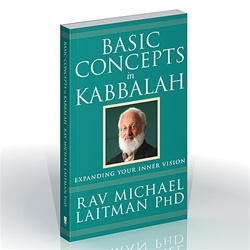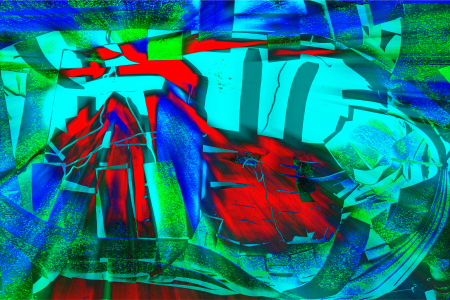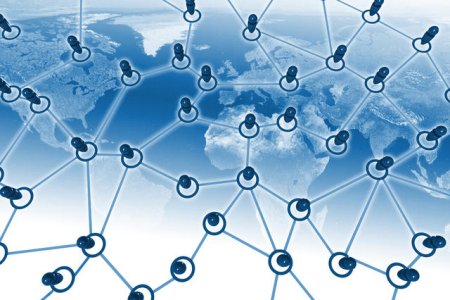Nature Is Interconnected, Indivisible and Indestructible from Within
Nature’s actions are interconnected; hence, by violating one of its laws, we upset the balance of the entire system. It does not matter whether we speak of nature as a heartless, purposeless guide or as a Creator with a plan, a goal, and wisdom. We exist in a world of certain laws, and by violating them we are punished with the corrupted environment, society, and our corrupted selves.
Why Serving Your Ego Is Like Shooting Yourself in the Foot, or Worse
Since nature’s laws are interconnected, breaking one of them may cause us to suffer an unexpected, harsh blow from a different direction. It is incomprehensible why nature is so gentle in the mother’s womb and during early childhood, and so ruthless in adulthood, when we seemingly need its help even more. Could it be that our lack of love is at the root of nature’s cruelty toward us?
You Cannot Break the Law; You Can Only Break Yourself Against It
Nature, or the Creator (which are the same, i.e. the quality of love and bestowal), influences us through certain laws, which we are obliged to regard as objective and compulsory, and thus follow them. We must understand nature’s laws, i.e. the laws of love and bestowal, because failing to follow them is the cause of all our sufferings. The essence of the Creator’s law lies in love. The law of love requires the maximum attention and compassion for all members of society, the same as one would want for oneself.
Warning: Nature Easily Snaps a Single Twig
It is common knowledge that humans are social beings. We cannot survive without the assistance of others in the society. Thus, one who suddenly decides to isolate oneself from society will be subject to a life of suffering because that person will be unable to provide for his or her needs. Similarly, in the case of excessive reception (such as stealing), society’s penalty quickly follows.
Why It Is a Stretch to Think You Can Break Away
Nature obliges us to live among others like us, and by communicating with them, carry out two operations: to receive everything needed from society, and to give the society the product of our labors. Violating either rule upsets the balance in society and therefore deserves society’s punishment. However, should a person refuse to serve society, punishment, as a rule, does not follow at all, is delayed, or is not directly related to the transgression. This is why the condition that obliges one to provide a service to society is usually ignored.
Beware the Snap-Back Effect
Nature, however, acts as an unbiased judge and punishes humanity according to its development. The gravity of the situation is that humanity does not yet imagine the calamities that lie ahead of it. The goal has been set and the laws of the universe are invariable. Personal everyday sufferings and periodic global catastrophes are making every one of us acknowledge the need to observe the Creator’s law – to annul egoism and envy and instead develop compassion, mutual aid, and love.
Be Like Clay in the Potter’s Hand to Enjoy Your Massage
The only difference lies in the path: a person who willingly and consciously advances towards the goal of living in harmony with the law of love gains twofold. Such a person gains by saving time on the journey toward unification with the Creator. In addition to that, such a person enjoys experiencing the delight of merging with the Creator along the way, instead of traveling through suffering.
 “How to Avoid Pitting Yourself Against the Indestructible Law” is based on the book, Basic Concepts in Kabbalah: Expanding Your Inner Vision by Dr. Michael Laitman.
“How to Avoid Pitting Yourself Against the Indestructible Law” is based on the book, Basic Concepts in Kabbalah: Expanding Your Inner Vision by Dr. Michael Laitman.
Image: Variation of "Color Cave in the Sea of Synesthesia" by garlandcannon.




